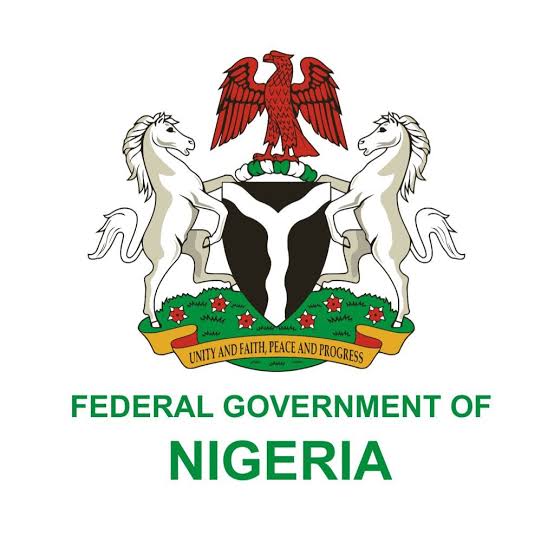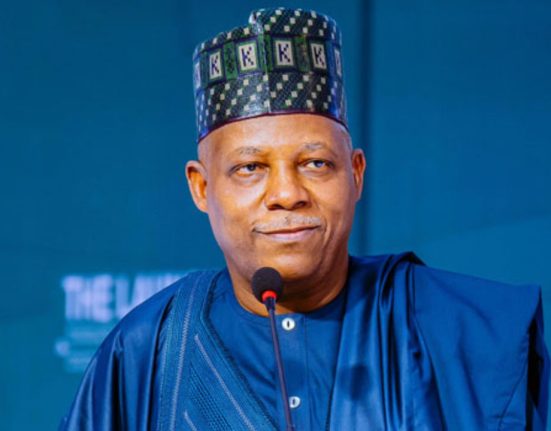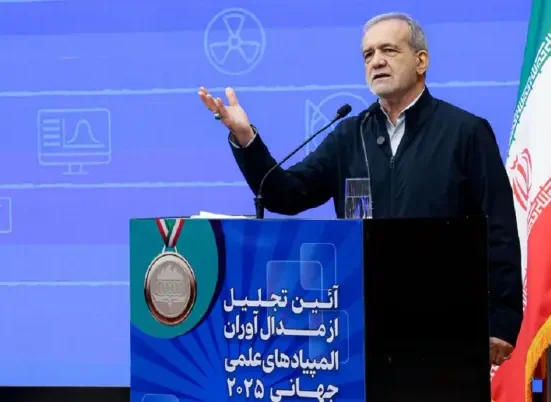The Federal Government has issued a stern warning to owners of dormant oil blocks, threatening to withdraw licences from companies that have failed to develop their allocated assets over extended periods.
Speaking at a Cross Industry Group meeting in Florence, Italy, the Minister of State for Petroleum Resources (Oil), Senator Heineken Lokpobiri, declared that the government would begin implementing the “drill or drop” provisions of the Petroleum Industry Act as part of efforts to boost oil production.
“We cannot continue to have assets sitting idle for 20 to 30 years without development. If you are not utilising an asset and it remains undeveloped for decades, it neither adds value to your books nor to us as a country,” Lokpobiri stated during the meeting organised by International Oil Companies (IOCs) operating in Nigeria.
The Minister encouraged industry players to explore collaborative approaches such as shared resources for contiguous assets, farm-out agreements, and the release of underutilised assets to operators ready to invest in production.
“Otherwise, like any responsible government, we will take back these assets and allocate them to those willing to go to work,” he warned.
This directive comes as the Federal Government has set an ambitious production target of 2.06 million barrels per day for 2025. Current production, as reported by the Nigerian Upstream Petroleum Regulatory Commission, stands at 1.67 million barrels per day as of February 2025.
Lokpobiri also urged operators to consider farm-out agreements where assets are close to existing infrastructure, rather than incurring high costs on new floating production storage and offloading units.
The Minister emphasised that the government has fulfilled its responsibilities by providing investment-friendly fiscal policies, including the President’s executive order incentivising deepwater investments. He insisted that IOCs and other operators must now make strategic investment decisions to drive increased production and sustainability in the sector.
“The government has done its part by providing the requisite and investment-friendly fiscal policies. Now, the ball is in the court of the IOCs and other operators,” Lokpobiri stated.
He also highlighted the importance of supporting local refining efforts, noting that more refineries are coming upstream and will require a steady supply of crude oil. Increased production, he stressed, would enable Nigeria to meet both local and international obligations.
In response, Mr. Osagie Osunbor, Chairman of the Oil Producers Trade Section (OPTS), commended the Minister for his direct engagement with industry players and acknowledged the Federal Government’s efforts in advancing the sector.
Meanwhile, a Bloomberg report has indicated that Nigeria made the biggest oil production cut among OPEC members in March, reducing output by 50,000 barrels per day to maintain an average of 1.5 million barrels per day, in line with its OPEC quota. The report noted that the cut follows delays in loading Bonny Light crude due to the recent explosion at the Trans-Niger Pipeline, a critical infrastructure for Nigeria’s crude exports that has frequently faced operational disruptions.
The OPEC+ group, led by Saudi Arabia and Russia, has expressed readiness to gradually restore production and increase supplies to stabilise global oil prices, with plans to add approximately 138,000 barrels per day this month as part of a phased increase running through late 2026.
Politics
FEDERAL GOVERNMENT THREATENS TO REVOKE LICENCES FOR UNDEVELOPED OIL BLOCKS –
- by Balogun Monsurudeen.F.
- April 2, 2025
- 0 Comments
- 2 minutes read
- 96 Views
- 6 months ago







